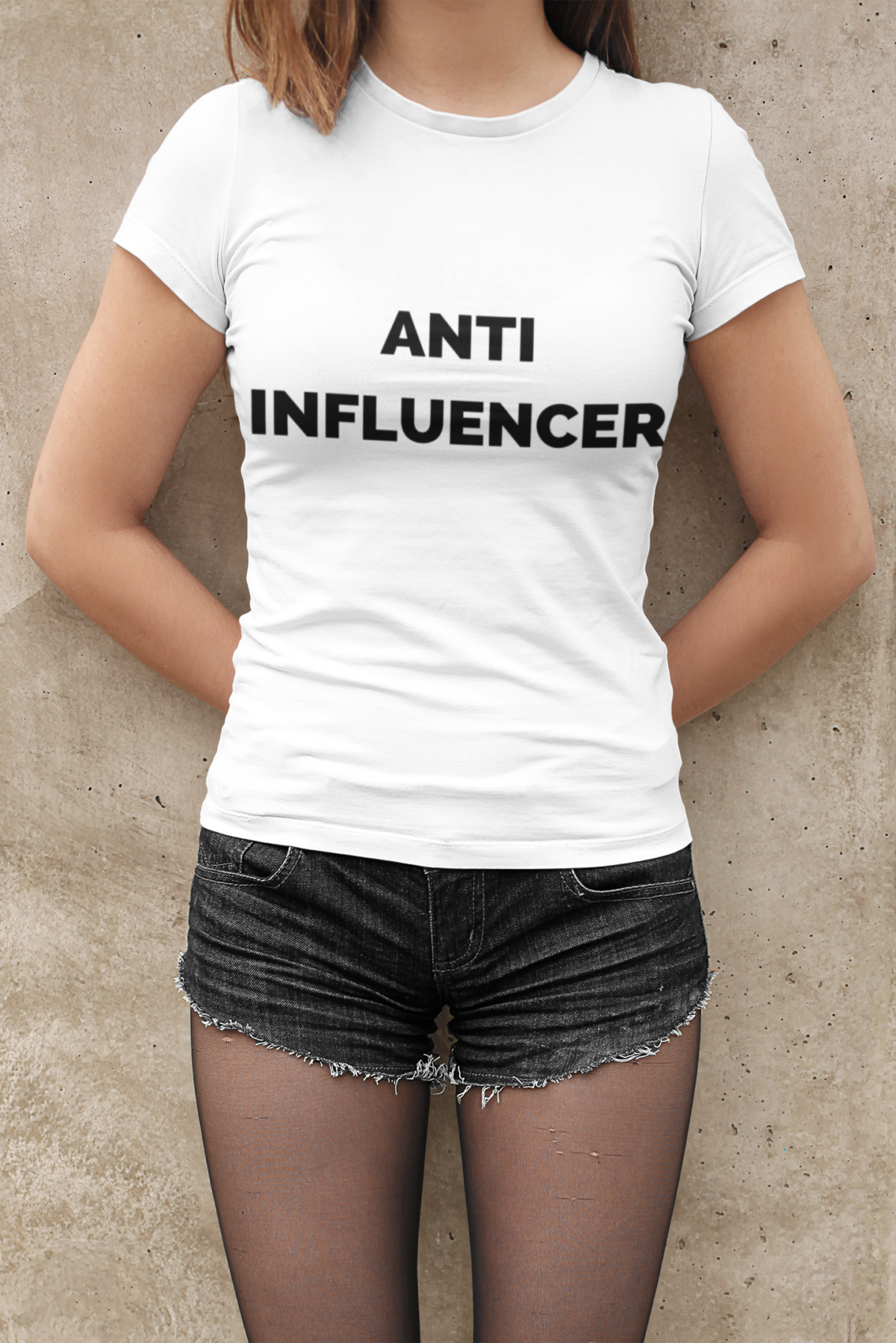
Social Media & Burnout
Social media has become an indispensable part of our daily lives, providing us with an apparently endless stream of information, entertainment, and connection. Social media, on the other hand, can be a significant contributor to burnout, particularly among women. In this article, we will look at how social media can contribute to burnout and what steps you can take to mitigate its effects.
For starters, social media can be a significant source of stress and pressure for women. It goes without saying that social media is a curated and frequently idealized version of reality. People tend to share their triumphs rather than their setbacks, presenting an unrealistic and frequently unattainable standard of success and happiness. Women, in particular, may feel pressure to live up to these ideals, which can lead to feelings of inadequacy and self-doubt.
Second, social media can be a significant distraction and source of procrastination. It’s all too easy to become engrossed in scrolling through social media feeds, checking notifications, and responding to messages rather than focusing on your work or other responsibilities. This constant distraction can make staying productive difficult and can lead to feelings of guilt and frustration.
Third, social media can serve as a platform for comparison and competition. Women are especially vulnerable to the phenomenon of social comparison, in which we compare ourselves to others, which often leads to feelings of envy, inadequacy, and low self-esteem. Social media exacerbates this tendency by constantly providing images and updates from other people’s lives, causing us to constantly compare ourselves to others.
Finally, social media can be a major source of information overload. The constant flow of news, opinions, and updates can be overwhelming, making it difficult to cut through the noise and focus on what matters. This can result in feelings of anxiety and overwhelm, as well as a disconnect from our surroundings.
How can you reduce the effects of social media on burnout?
To begin, it is critical to be aware of the potential drawbacks of social media and to exercise caution when using it. Consider taking social media breaks, limiting your exposure to specific platforms, or using tools to help you stay focused and productive.
When using social media, try to maintain a sense of perspective and self-awareness. Keep in mind that what you see on social media is not always a true reflection of reality, and that people often present an idealized version of their lives. Rather than comparing yourself to others, try to concentrate on your own goals and priorities.
Third, make self-care and well-being a priority, both online and offline. Make sure you get enough sleep, exercise, and eat healthy foods, and find non-social media ways to relax and de-stress. Connect in person with friends and family, and make time to pursue hobbies and interests that bring you joy and fulfillment.
Fourth, try to use social media in a more deliberate and purposeful manner. Set specific social media goals, such as connecting with friends, staying up to date on current events, or promoting your business. Use tools like lists and filters to stay focused and avoid distraction, and keep track of how much time you spend on social media each day.
Finally, consider seeking help from a community of other women who are experiencing social media burnout. As you work to overcome the negative effects of social media, joining a group or community can help you feel less isolated and provide you with a sense of connection and support.
Finally, social media can be a significant contributor to female burnout by causing stress, distraction, comparison, and information overload. However, by being mindful of our usage, cultivating a sense of perspective and self-awareness, and prioritizing self-care and well-being, we can improve our situation.




